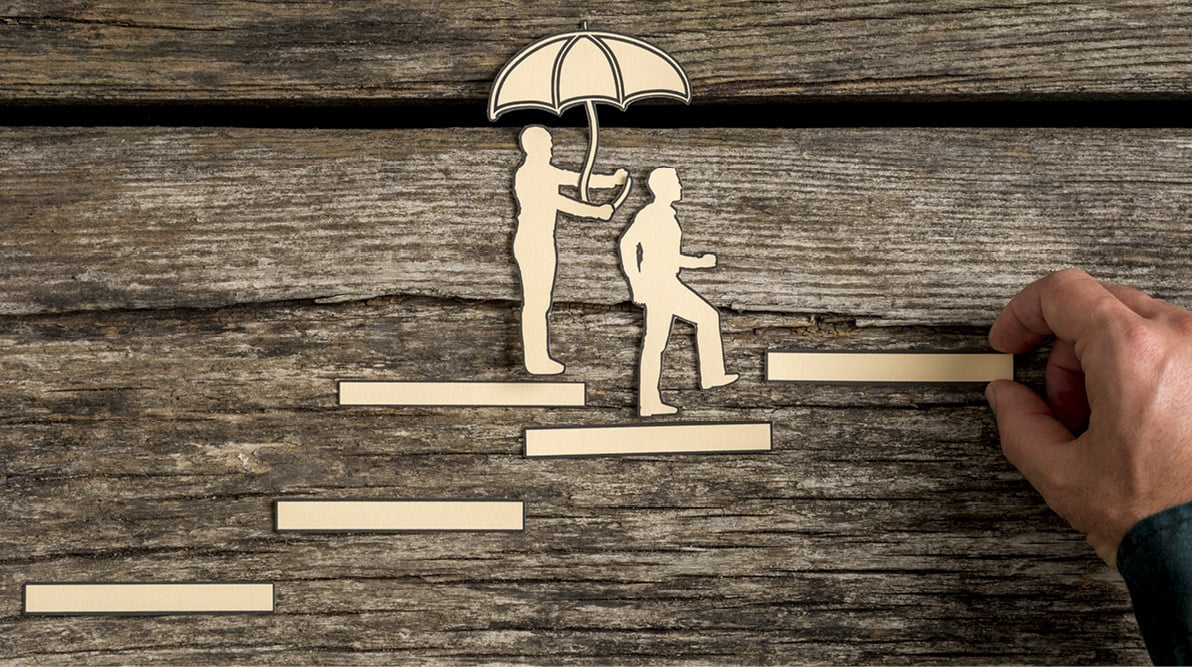Embracing Helpfulness
Attribute: Helpful

The Benefits of Being Helpful
Helpfulness goes beyond random acts of kindness; it reflects a deep commitment to positively impacting others through consistent support, empathy, and generosity. At its core, helpfulness involves being attuned to the needs, struggles and challenges of those around you. It means actively listening and observing to identify when someone requires assistance, even if they don’t explicitly ask for it. A helpful person anticipates where their support can make a difference, whether through offering advice, providing emotional support or lending a hand in practical matters.
- Strengthening Personal and Professional Relationships:
Helpfulness plays a crucial role in building strong, trust-based relationships. In personal life, offering support deepens connections, fosters mutual respect and strengthens emotional bonds. Professionally, being known as helpful enhances team collaboration, promotes a positive work environment and leads to more efficient problem-solving. - Boosting Community Well-being:
Helpfulness extends beyond individual interactions to benefit entire communities. Actively participating in community initiatives, volunteering or simply offering a helping hand strengthens the fabric of society. These actions contribute to a more connected, resilient and supportive community, improving the lives of those around you while creating a more harmonious environment.
- Enhancing Personal Fulfillment and Growth:
Helping others provides immense personal satisfaction. Acts of kindness lead to emotional well-being, a sense of accomplishment and personal growth. By stepping outside of your comfort zone to assist others, you gain new skills, broaden your perspective and nurture a sense of purpose.
Keep reading ↓
Keep reading ↓
Newsletter
Assess Your Helpfulness
Consider these self-reflection questions:
- Think about your recent interactions. How often do you offer support or assistance to family, friends, colleagues or even strangers? What motivates you to help?
- Reflect on the outcomes of your help. Did you notice any positive changes in the behavior or attitude of those you assisted?
- Are there times when you chose not to offer help? What influenced your decision?
- How do others perceive your helpfulness?
By reflecting on these questions, you can gain valuable insights into your patterns of helpfulness and identify opportunities to enhance your positive impact on the people around you.
Keep reading ↓
Foster a Culture of Helpfulness
- Encourage Open Communication and Feedback:
Creating a supportive environment begins with establishing open and transparent communication channels. Whether in personal or professional settings, ensure that people feel comfortable sharing their thoughts and seeking help. Encourage feedback and foster an atmosphere where support is freely given and received. - Recognize and Appreciate Acts of Helpfulness:
Regularly acknowledging and celebrating acts of kindness and support boosts morale and motivation. Simple gestures like verbal praise, thank-you notes or formal recognition programs can go a long way in reinforcing a culture of helpfulness. Recognition shows individuals that their efforts are valued and encourages them to continue contributing positively. - Support Personal and Professional Development:
Helpfulness also means supporting the growth and aspirations of others. Invest in the development of those around you by offering mentorship, resources or opportunities for learning. By helping others grow, you contribute to their long-term success and create an environment of mutual support.
Being known as a helpful person reflects a genuine commitment to making a positive impact in the lives of others. Whether it’s offering career advice, emotional support, or assistance in everyday tasks, acts of helpfulness foster stronger relationships, personal growth, and a more compassionate world. Helpfulness is a trait that can be cultivated and expanded, benefiting both the giver and the recipient. By embracing this mindset, you contribute to creating a more connected, kind, and supportive environment for everyone.

Explore the Items
Read each article!
Supporting content
Generosity Articles
Check out the latest blogs to learn more about this topic!

Including Others When Making Decisions

Narcissistic Leadership: Generosity Means Thinking Beyond Yourself

4 Ways You Can Become a More Generous Leader
Bibliography
This article has been inspired by the following sources:
- Fast Company. (2013). How being helpful can make you happier and more productive. Fast Company. https://www.fastcompany.com/1672255/how-being-helpful-can-make-you-happier-and-more-productive
- Curry, O. S., Rowland, L., Zlotowitz, S., McAlaney, J., & Whitehouse, H. (2018). Happy to help? A systematic review and meta-analysis of the effects of performing acts of kindness on the well-being of the actor. Journal of Experimental Social Psychology, 76, 320-329. https://doi.org/10.1016/j.jesp.2018.02.014

